Đukanović on Montenegrin independence, and crime case
Montenegrin Prime Minister Milo Đukanović said that Belgrade has yet to come to terms with the independence of Montenegro.
Wednesday, 10.03.2010.
11:03

Montenegrin Prime Minister Milo Djukanovic said that Belgrade has yet to come to terms with the independence of Montenegro. He said that this is the main reason for worsening relations between Belgrade and Podgorica, "not Montenegro’s recognition (of Kosovo)". Djukanovic on Montenegrin independence, and crime case He also said that Serbia wants to become a regional leader. “Maybe it should be, according to size,” Djukanovic said, adding that Serbia first “most solve the question of war criminals,” and "problems with neighboring countries". Djukanovic then went on to say that the "motive for politicizing the Saric case" also comes from Serbia's relationship toward Montenegro he spoke about. “The behavior of the Serbian state institutions in this cases shows that Montenegro and Serbia do not have the same goals in relation to this,” Djukanovic said, adding that Montenegro would be interested in contributing to the fight against organized crime and that Serbia’s goal was to “criminalize Montenegro". “The behavior of the Serbian state institutions in the Saric case uses the logic – if Montenegro became independent by mistake, here is proof that an independent Montenegro does not have the capacity to enter the EU,” he said. Djukanovic said that there are "three important things" related to Operation Balkan Warrior – an international effort last year that thwarted the smuggling of more than two tons of cocaine from South America last year – "that the suspects are Serbian citizens, they were arrested in Serbia and that most of the money which the suspects earned was used to buy property in Serbia". He said, however, that this "does not mean that Montenegro should not be active in the action". Darko Saric, the Montenegrin-born chief suspect in the case, who travels on Serbian and Slovak passports, is currently at large, and Serbia expressed concern that he might be hiding in Montenegro. Official Podgorica denied this. Djukanovic said that Montenegro is doing "everything it can to improve relations with Serbia, and that it has been doing the same before, irrelevant of whether there was any reason to do so coming from Serbia". He added that Montenegro has "always shown patience for increased tensions from Serbia” and that it will continue with such a policy.
Đukanović on Montenegrin independence, and crime case
He also said that Serbia wants to become a regional leader.“Maybe it should be, according to size,” Đukanović said, adding that Serbia first “most solve the question of war criminals,” and "problems with neighboring countries".
Đukanović then went on to say that the "motive for politicizing the Šarić case" also comes from Serbia's relationship toward Montenegro he spoke about.
“The behavior of the Serbian state institutions in this cases shows that Montenegro and Serbia do not have the same goals in relation to this,” Đukanović said, adding that Montenegro would be interested in contributing to the fight against organized crime and that Serbia’s goal was to “criminalize Montenegro".
“The behavior of the Serbian state institutions in the Šarić case uses the logic – if Montenegro became independent by mistake, here is proof that an independent Montenegro does not have the capacity to enter the EU,” he said.
Đukanović said that there are "three important things" related to Operation Balkan Warrior – an international effort last year that thwarted the smuggling of more than two tons of cocaine from South America last year – "that the suspects are Serbian citizens, they were arrested in Serbia and that most of the money which the suspects earned was used to buy property in Serbia".
He said, however, that this "does not mean that Montenegro should not be active in the action".
Darko Šarić, the Montenegrin-born chief suspect in the case, who travels on Serbian and Slovak passports, is currently at large, and Serbia expressed concern that he might be hiding in Montenegro. Official Podgorica denied this.
Đukanović said that Montenegro is doing "everything it can to improve relations with Serbia, and that it has been doing the same before, irrelevant of whether there was any reason to do so coming from Serbia".
He added that Montenegro has "always shown patience for increased tensions from Serbia” and that it will continue with such a policy.










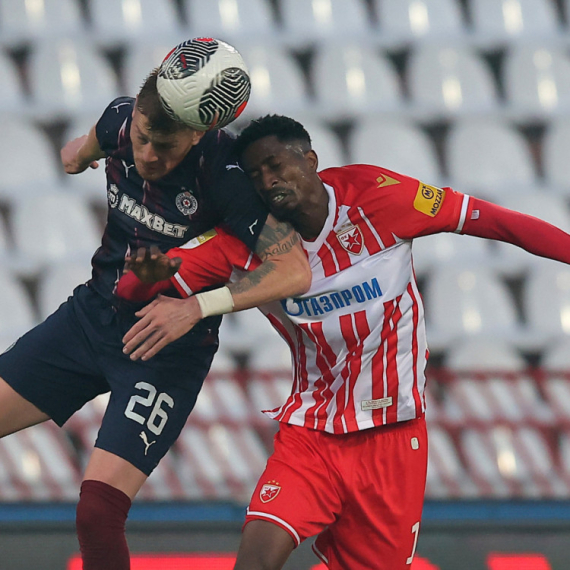
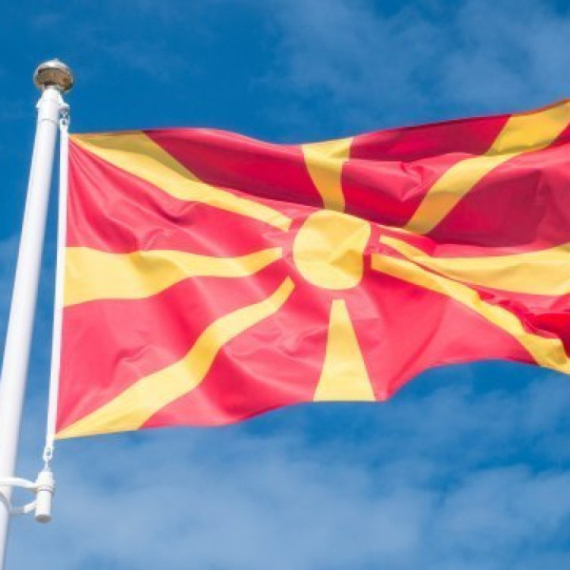
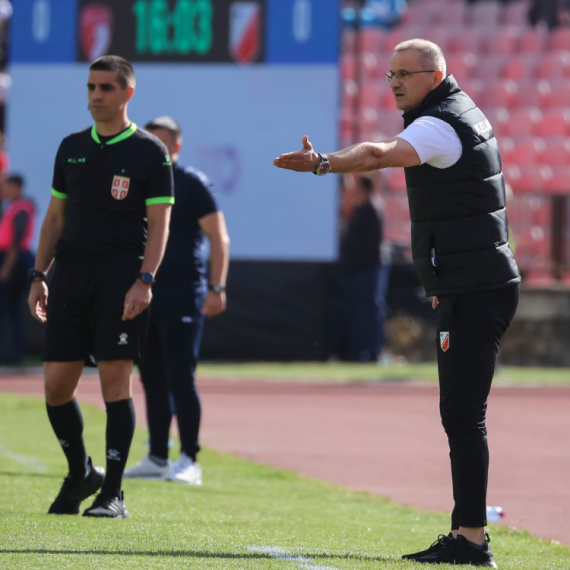
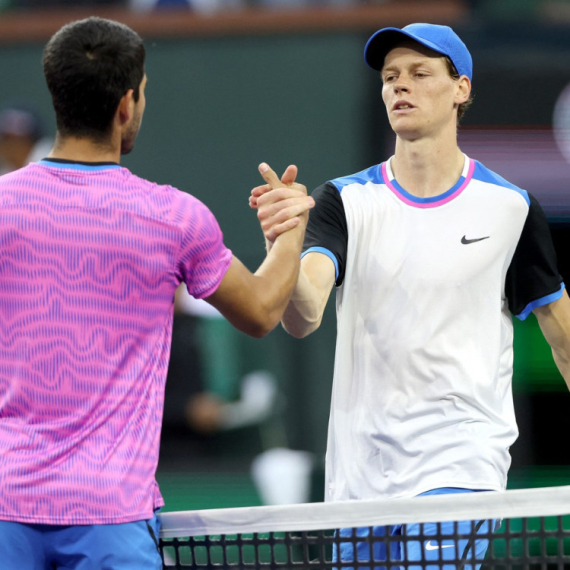
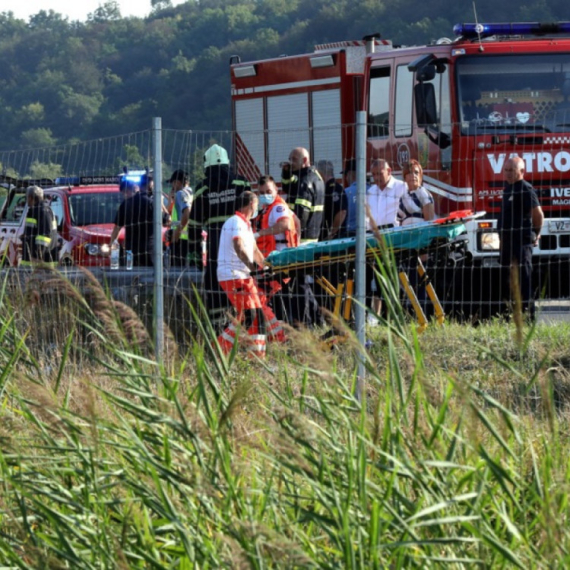
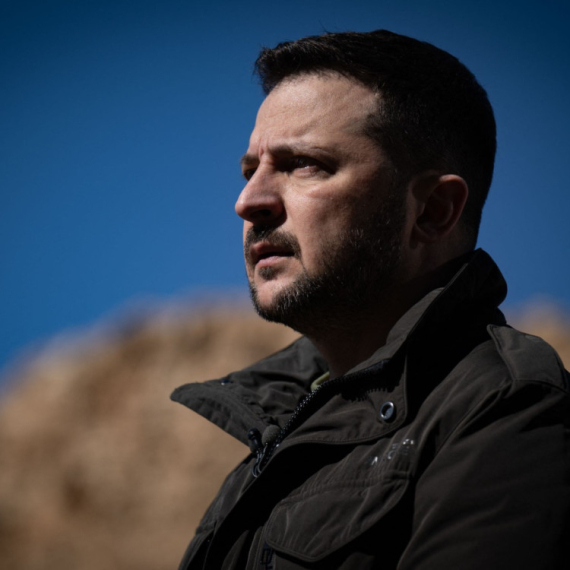
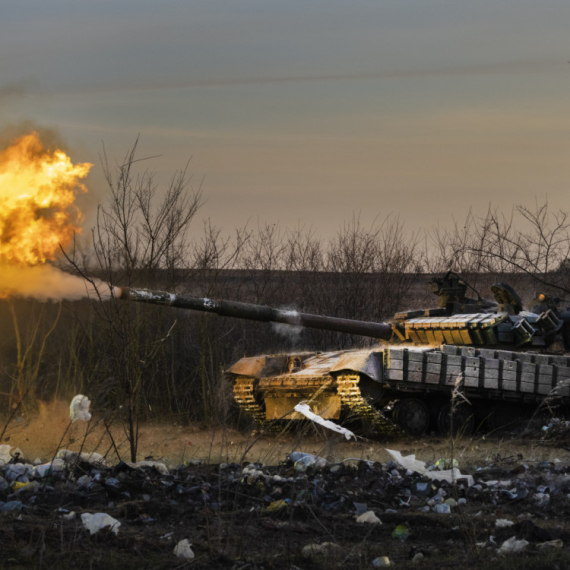





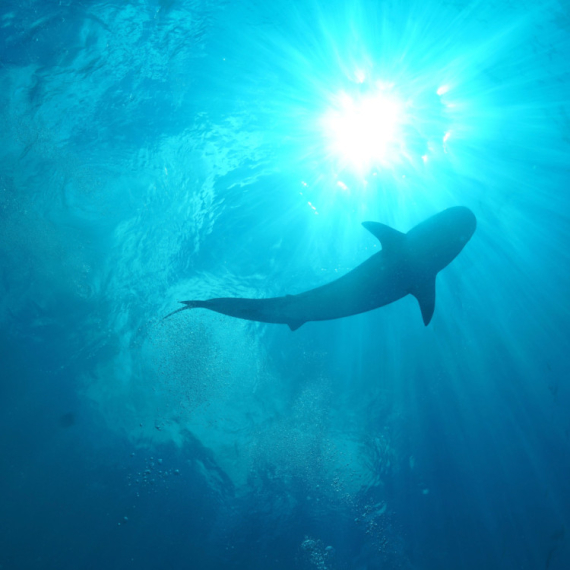




























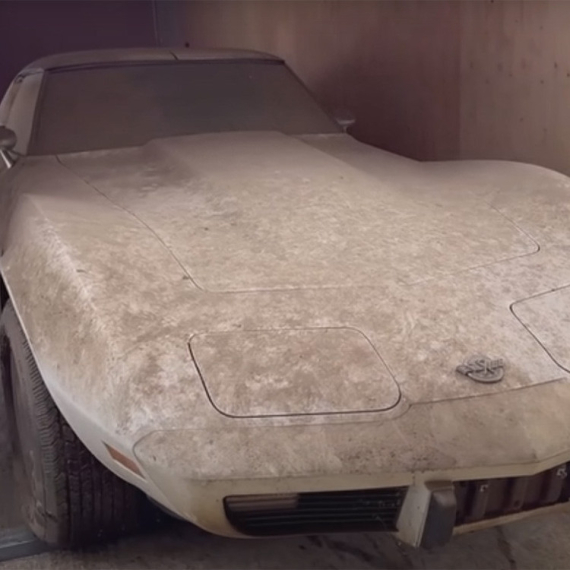



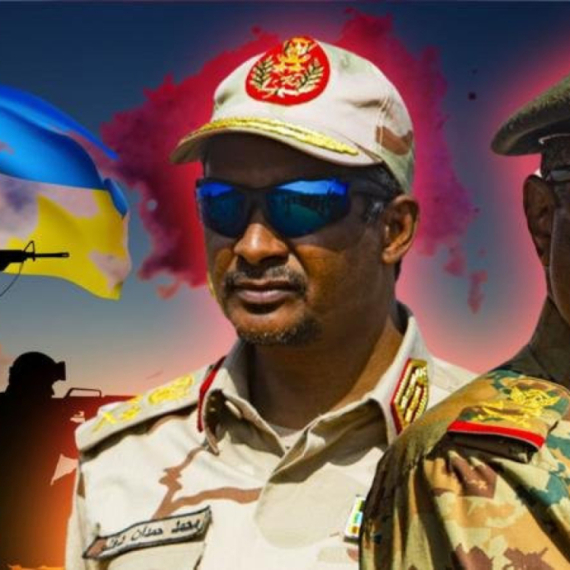
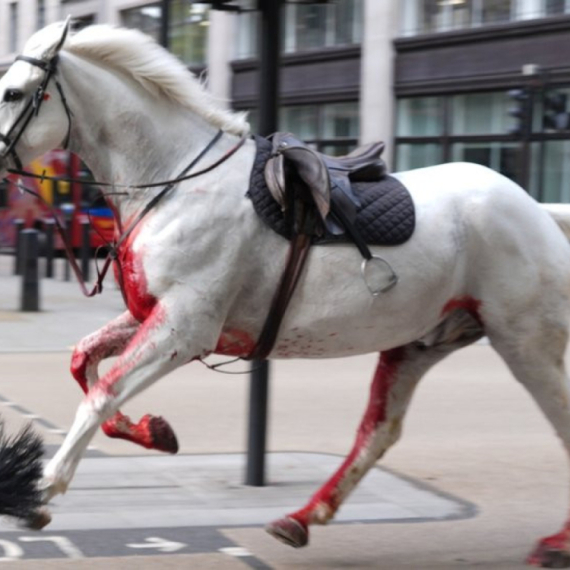

Komentari 15
Pogledaj komentare